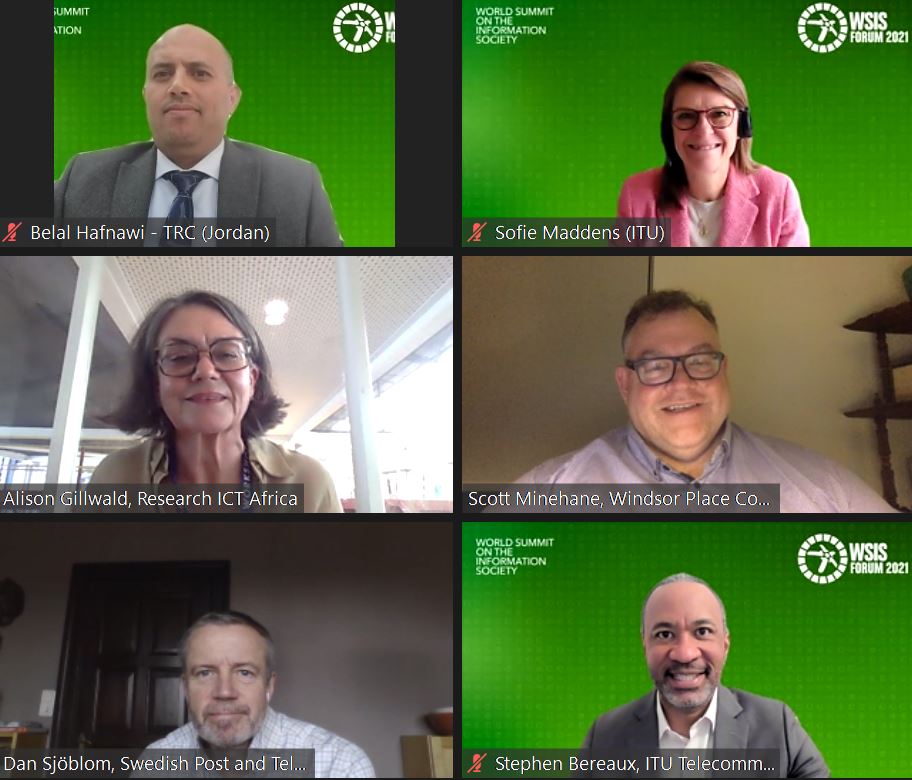Digital transformation acceleration - connectivity in the post COVID world
ITU/BDT Regulatory and Market Environment Division (https://www.itu.int/treg)
Session 229
WSIS ALFM C6: Enabling Environment
The world approached an unfortunate anniversary – 1 year has passed since the onset of the global COVID-19 pandemic. Globally, information and communications industries have proved themselves to be vital resources for reducing the social and economic impacts during the pandemic. Nonetheless, COVID-19 has caused the greatest worldwide social and economic disruption since the Second World War.
Governments and ICT stakeholders are all coming to understand that COVID-19 will not prove a short-lived crisis – even with successful vaccines and their global distribution - it is increasingly clear that COVID-19 has been a uniquely powerful game-changer, with digital connectivity now at the top of every nation’s agenda. It has been both a catalyst to change legacy processes and effect cultural change as well as an accelerant to online trends that may have taken a decade without its arrival. There is also a clear recognition of a greater need for collaboration at regional and global level.
Generally, connectivity providers – including but not limited to fixed operators, mobile network operators (MNOs), satellite providers, municipal networks, and Internet service providers have done an excellent job in the pandemic. Networks have held together; outages have been few and small in number; broadband speeds may have decreased for a time given certain market features and pre-emptive measures adopted by operators to ensure continuity of service on their networks. Overall, however, connectivity providers have offered resilient services during a challenging 2020.
We now need to face the “recovery phase” to address the digital inclusion agenda of governments worldwide. There is now an urgent need to prepare the future and create an appropriate policy and regulatory environment for the future.
This session addressed critical questions ICT policy makers, regulators and stakeholders need to address to fast forward digital connectivity for sustainable development:
- What next? Are the measures applied during the crisis sustainable?
- How have regulatory frameworks evolved?
- What long-term policy and regulatory trends have been introduced for and by the different groups of stakeholders?
- What works and what doesn’t work?
- How improve collaboration at national, regional and global level?
During the session, a teaser of the main outputs from the new ITU Report Pandemic in the Internet Age: From second wave to new normal, recovery, adaptation, and resilience were presented to provide a discussion framework in order to see what does the future look like after COVID-19.
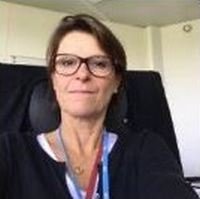
Sofie Maddens is the Head of the Regulatory and Market Environment Division of the ITU BDT. Lawyer by training, Sofie Maddens has worked as Regulatory and Policy Expert in the telecommunications/ICT sector in international and multi-cultural environments, including in Asia and the Middle East, as well as in the Americas, Europe and Africa. She has managed complex private sector, government, and regional and international projects and grants for national governments and their National Regulatory Authorities, the European Commission, the World Bank, the Telecommunications Development Bureau of the ITU as well as for a wide variety of private telecommunications, consulting and financial sector clients. Her scope of expertise has focused in particular on the information and communications sectors, the postal sector as well as the information society (including Internet policy and governance, e-commerce, privacy, cybercrime and cyber security).
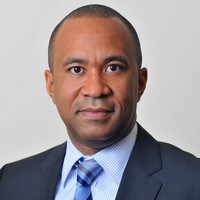
Stephen Bereaux is the Deputy to the Director of the ITU Telecommunication Development Bureau since 7 March 2020.
Mr. Bereaux is an experienced regulator, with more than 20 years of executive and senior management experience in regulatory bodies in the Caribbean region. Prior to joining ITU, Mr Bereaux was Chief Executive Officer of the Utilities Regulation and Competition Authority (URCA), Bahamas which regulates the ICT and Electricity sectors, advises the Government on policies relating to those sectors, and represents The Bahamas at international sector related organisations such as the ITU.
Prior to joining URCA in 2010, Mr. Bereaux served in senior management roles at the Telecommunications Authority of Trinidad and Tobago (TATT) from 2004. Before becoming a Regulator, Mr. Bereaux, an Attorney by profession since 1996, practiced law at multinational firms based in London and Hong Kong, specialising in Information Technology and Telecommunications Law.

International regulatory and strategy lawyer/economist in the communications sector and has been involved in advising investors, operators, Governments and regulators in Australia, Asia, the Pacific and Africa for over 30 years. His expertise extends to policy, legislative drafting, regulation, spectrum management, national broadband network and new generation fixed and mobile technologies including 4G and 5G. He is the principal of Windsor Place Consulting Pty Ltd an independent
consultancy practice, through which he has advised a range of international organisations including inter alia the International Telecommunications Union (ITU), the World Bank, the GSMA and ASEAN. He was the author of the June 2020 ITU GSR Discussion Paper on the telecommunications sector responses to COVID-19. He has advised Governments, telecommunications regulators, MNOs and other stakeholders in Australia, Asia, Africa and the Middle East. He is currently the World Bank spectrum adviser to the Indonesian Government and the Pakistan Government/regulator.
Prior to the establishment of Windsor Place Consulting in 2000, Scott was a Director and Principal Consultant at Cutler & Company (1993-2000) and worked in the Australian Government in the late 1980s/early 1990s on the introduction of telecommunications competition including the licensing of the second telecommunications operator and the third mobile operator. Scott is an independent director of Australian Stock Exchange (ASX) listed companies selling wireless technology including waveforms and public mobile radio (PMR) solutions – Etherstack (ASX:ESK) being used for emergency services and first responders as well as online financial transactions – iSignthis (ASX:ISX).
Scott has a Bachelor of Economics (1986) and a Bachelor of Laws (1991) from the University of Queensland and holds a Master of Laws specialising in Communications and Asian Law from the University of Melbourne (1998). He currently resides in Melbourne, Australia
Linkedin profile at https://au.linkedin.com/pub/scott-w-minehane/0/1b5/b8b
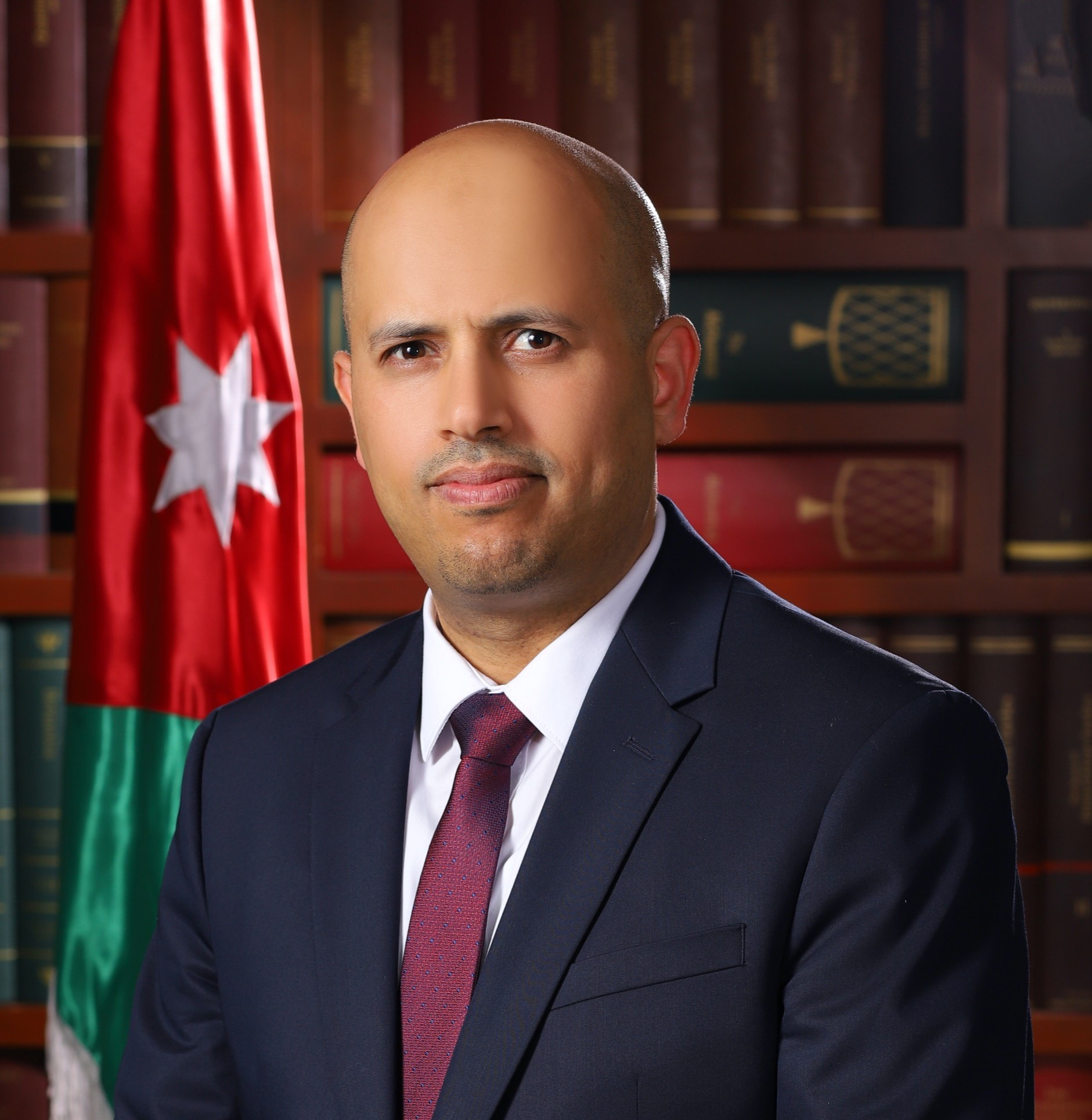
Commissioner/ Full time Board Member in Telecommunications Regulatory Commission (TRC)
. Experienced with top worldwide mobile network vendors: Huawei, Motorola, Nokia, Samsung and Materna GmBH
of over increasing responsibility.
. High level Consultancy (CxO Level), Management Consulting.
. Solid experience in managing complex Programs, Customer operation management and service delivery,
. Heading 3 committees in TRC of latest technologies: 5G strategy, Digital transformation and Blockchain
. Managed variant budgets up to $ 80M, and led teams up to 75 persons
. Additional current memberships/contributions:
• Board member of EIAC consultation board of engineering college, PSUT University.
• Board member in central consultation board of Al-Rowwad Academy.
• Mentor in MIT (Massachusetts institute of technology ) for Covid-19 Hackathons
• Technology strategy articles writer, Digital Transformation Author

Appointed by the Swedish Government, Dan Sjöblom is the Director-General of the Swedish Post and Telecom Authority (PTS) since February 1, 2017.
He was during 2020 the Chair of the Body of European Regulators for Electronic Communications (BEREC) and serves as a vice Chair in 2021 responsible for international cooperation. In 2020 he also chaired the ITU GSR. Mr. Sjöblom is also during 2021 the vice Chair of EU and EaP electronic communications regulatory platform (EaPeReg).
Prior to taking up his position at PTS, Mr. Sjöblom was the Director General of the Swedish Competition Authority from 2009 to 2017.
He is also board member of the Swedish Broadband Council.
Mr. Sjöblom performed various functions as a civil servant at the European Commission between 1996-2009. He holds a Master of Laws from Stockholm University.
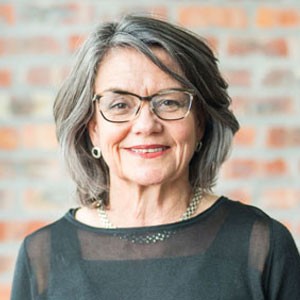
Alison Gillwald (PhD) is the Executive Director of Research ICT Africa (RIA) an African digital policy and regulatory think-tank that works across 20 African countries. She is also adjunct- professor at the University of Cape Town’s Nelson Mandela School of Public Governance where she supervises doctoral students undertaking transdisciplinary research in digital policy, regulation and including internet and data governance. A former regulator she was appointed to the founding Council of the South African Telecommunications Regulatory Authority (SATRA) in 1997, having headed the policy department at the first broadcasting regulator, the Independent Broadcasting Authority established in 1994. She has advised the South African Presidency, the National Planning Commission, the Competition Commission and the Independent Communications Authority of South Africa, in addition to the African Union Commission, SADC, CRASA and the SADC Parliamentary Forum.
She has been commissioned by the International Telecommunications Union (ITU), the World Bank and the African Development Bank to undertake research to inform policy across a number of Africa countries and collaborates with networks across the Global South to build an evidence base for policy-makers and regulators. She participates in several global forums including the ITU Indicators Expert Group, the Global Partnership on Artificial Intelligence and serves on the content group of the Internet & Jurisdiction. She was appointed to the first ITU Gender Task Force and has served as the chairperson of the South African Digital Migration Task Team, the Expert Advisory Group to African Ministers of Communications and as the deputy-chairperson of the SA Ministerial Broadband Advisory Council. The has served on the board of the public broadcaster, the SABC, AVUSA, the Media Monitoring Project and Womensnet. She is the deputy-chairperson of Giganet, the only international academic conference dedicated to internet governance conference and serves on a number of journal editorial committees including being an inaugural associate editor of the ITU journal, Discoveries.
-
 C6. Enabling environment
C6. Enabling environment
-
 Goal 9: Build resilient infrastructure, promote sustainable industrialization and foster innovation
Goal 9: Build resilient infrastructure, promote sustainable industrialization and foster innovation
-
 Goal 11: Make cities inclusive, safe, resilient and sustainable
Goal 11: Make cities inclusive, safe, resilient and sustainable
